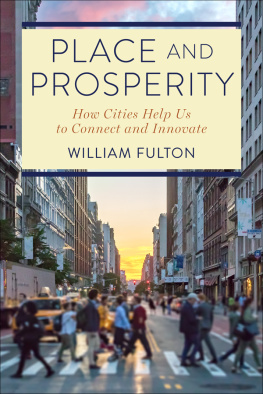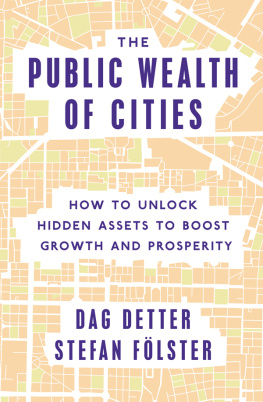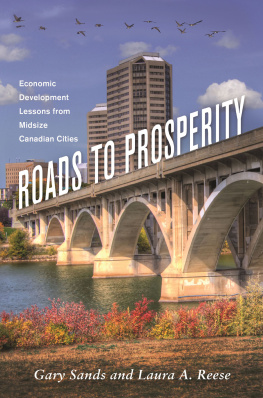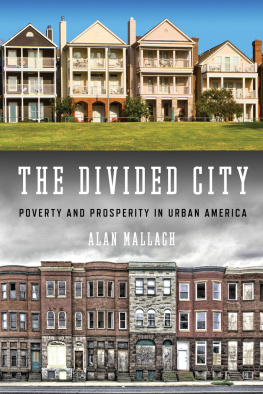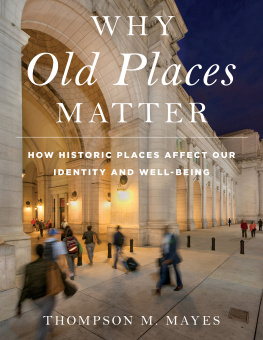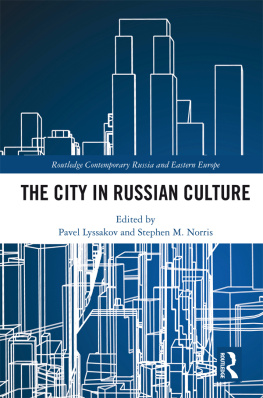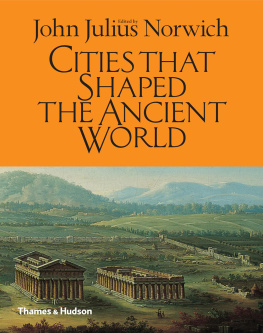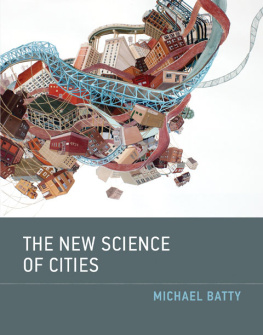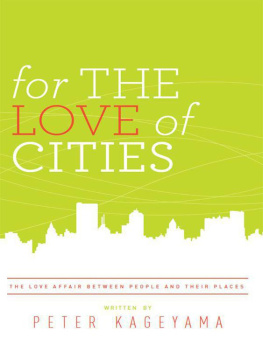William Fulton - Place and Prosperity: How Cities Help Us to Connect and Innovate
Here you can read online William Fulton - Place and Prosperity: How Cities Help Us to Connect and Innovate full text of the book (entire story) in english for free. Download pdf and epub, get meaning, cover and reviews about this ebook. year: 2022, publisher: Island Press, genre: Science. Description of the work, (preface) as well as reviews are available. Best literature library LitArk.com created for fans of good reading and offers a wide selection of genres:
Romance novel
Science fiction
Adventure
Detective
Science
History
Home and family
Prose
Art
Politics
Computer
Non-fiction
Religion
Business
Children
Humor
Choose a favorite category and find really read worthwhile books. Enjoy immersion in the world of imagination, feel the emotions of the characters or learn something new for yourself, make an fascinating discovery.
- Book:Place and Prosperity: How Cities Help Us to Connect and Innovate
- Author:
- Publisher:Island Press
- Genre:
- Year:2022
- Rating:3 / 5
- Favourites:Add to favourites
- Your mark:
Place and Prosperity: How Cities Help Us to Connect and Innovate: summary, description and annotation
We offer to read an annotation, description, summary or preface (depends on what the author of the book "Place and Prosperity: How Cities Help Us to Connect and Innovate" wrote himself). If you haven't found the necessary information about the book — write in the comments, we will try to find it.
There are few more powerful questions than, Where are you from or Where do you live? People feel intensely connected to cities as places and to other people who feel that same connection. In order to understand place and understand human settlements generally it is important to understand that places are not created by accident. They are created in order to further a political or economic agenda. Better cities emerge when the people who shape them think more broadly and consciously about the places they are creating. In Place and Prosperity: How Cities Help Us to Connect and Innovate, urban planning expert William Fulton takes an engaging look at the process by which these decisions about places are made, how cities are engines of prosperity, and how place and prosperity are deeply intertwined. Fulton has been writing about cities over his forty-year career that includes working as a journalist, professor, mayor, planning director, and the director of an urban think tank in one of Americas great cities. Place and Prosperity is a curated collection of his writings with new and updated selections and framing material.
Though the essays in Place and Prosperity are in some ways personal, drawing on Fultons experience in learning and writing about cities, their primary purpose is to show how these two ideas place and prosperity lie at the heart of what a city is and, by extension, what our society is all about. Fulton shows how, over time, a successful place creates enduring economic assets that dont go away and lay the groundwork for prosperity in the future. But for urbanism to succeed, all of us have to participate in making cities great places for everybody. Because cities, imposing though they may be as physical environments, dont work without us.
Cities are resilient. Theyve been buffeted over the decades by White flight, decay, urban renewal, unequal investment, increasingly extreme weather events, and now the worst pandemic in a century, and theyre still going strong. Fulton shows that at their best, cities not only inspire and uplift us, but they make our daily life more convenient, more fulfilling and more prosperous.
William Fulton: author's other books
Who wrote Place and Prosperity: How Cities Help Us to Connect and Innovate? Find out the surname, the name of the author of the book and a list of all author's works by series.

